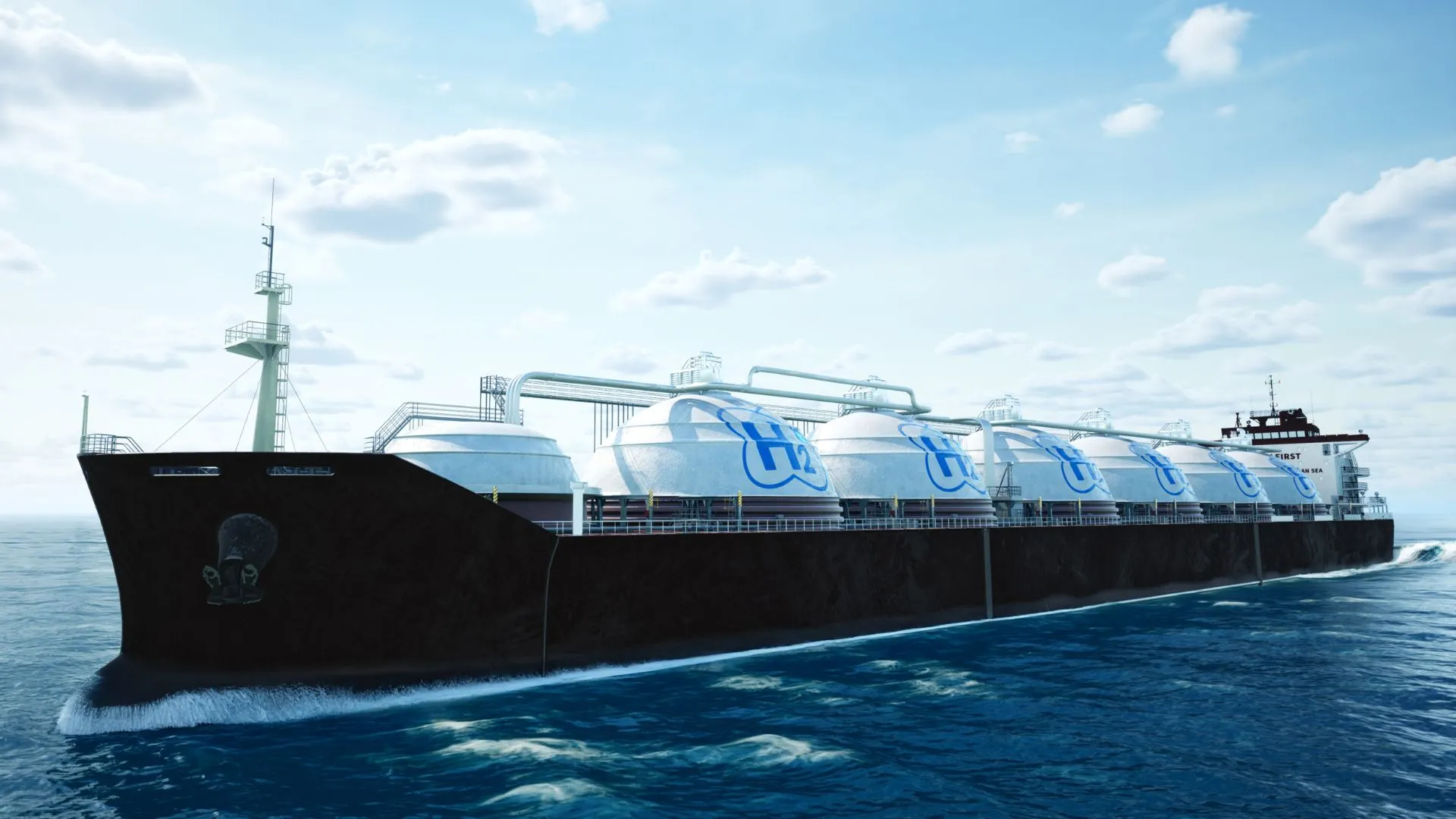
Researchers are planning to turn seawater into hydrogen that can be used as fuel.
The plan is to split seawater and store hydrogen safely on ships. Genuine H2 and researchers from Brunel University of London that the hydrogen stored on ships can be burnt to power engines that will emit only steam.
With this, they plan to turn water into power, delivering clean energy for ship transport.
Clean energy
“Water will be turned into power,” said Professor Xinyan Wang, Brunel University of London. “We take seawater, split it using renewable electricity to make hydrogen gas, store it onboard as a molecular solid, then burn it in an engine instead of diesel, with no CO2.”
Genuine H2 claims that it offers a circular plug & play technology, which reuses wastewater/seawater so it can be converted into green energy and pure water.
The company claims that its groundbreaking carbon-negative electrolysis units also extract CO2 from water to create bicarbonates and can be custom-fit to meet the specific energy demands of our customers — big or small.
The technology is claimed to be scalable technology has universal applications across the mobility, infrastructure, commercial, and consumer sectors, which Genuine H2 believes will provide a ‘right now’ solution to the climate and energy crisis.
The technology can fuel any form of transport, including yachts, ships, ferries, aeroplanes, trains, cars, buses, and trucks.
This can help decarbonize the sea travel
The plan has recently received a funding boost. The Department for Transport’s UK SHORE initiative and Innovate UK delivered £1.44 million. The project is part of a £30 million push to decarbonize the sea travel. The plan is to use clean energy on waterways.
Codenamed GH2DEM, the project will be the first test of Brunel’s heavy-duty hydrogen combustion engine, soon to be installed on campus. It will be powered entirely by Genuine H2’s electrolyser and storage system, creating a full hydrogen chain—from seawater, to storage, to propulsion, reported AZO Cleantech.
Genuine’s units can be used to construct a network of hydrogen refuelling stations for land and marine purposes. The technology can power urban environments, hospitals, remote farms/communities, mining/construction sites, factories, high rises, and offices.
Reports have revealed that the hydrogen engine system is built on two clever innovations. There are electrodes that can split hydrogen straight out of seawater, cutting out the need for costly desalination.